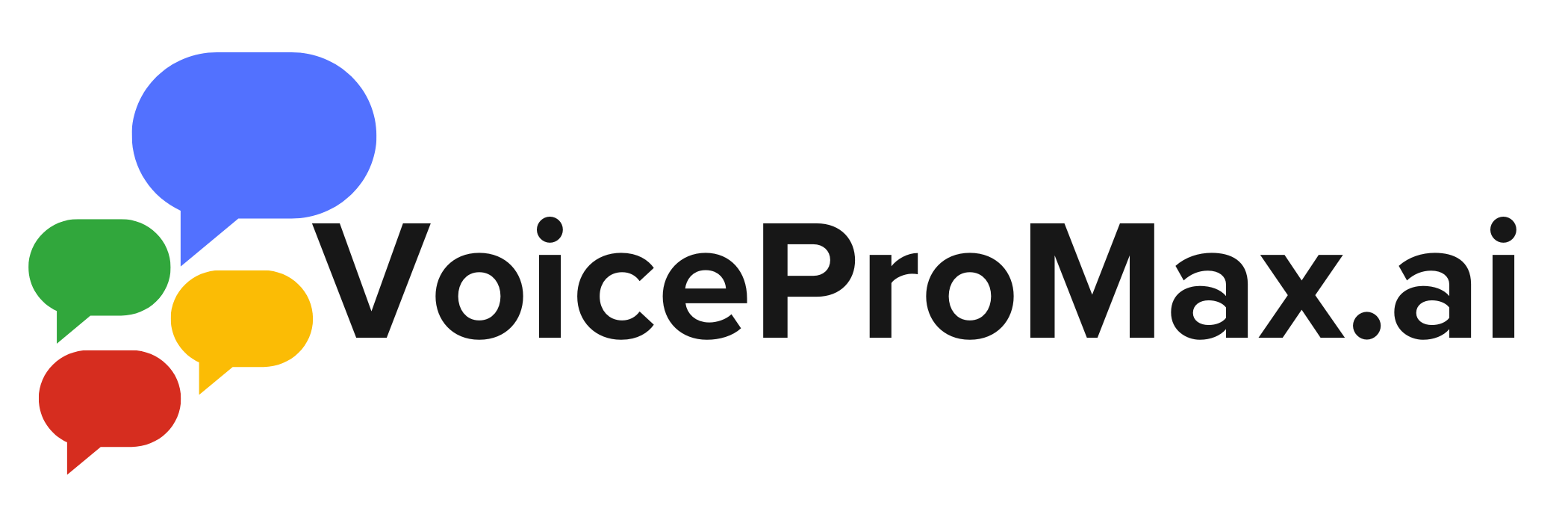The Rise of Trustworthy Voice AI Agents in Healthcare
In the rapidly evolving landscape of healthcare technology, the emergence of voice AI agents is revolutionizing patient care and provider support. As companies like Infinitus lead the charge in developing trustworthy AI solutions, the industry is witnessing a paradigm shift in how patients interact with healthcare systems and how providers deliver care. This article delves into the groundbreaking efforts to address trust and explainability in voice AI agents and explores the potential impact on the healthcare industry.
The Trust and Explainability Challenge
One of the primary concerns surrounding the adoption of AI in healthcare is the issue of trust and explainability. Patients and healthcare providers alike need to have confidence in the information provided by AI agents and understand the reasoning behind their recommendations. In healthcare environments, where accuracy and compliance are paramount, **building trust** is crucial.
Infinitus and other companies at the forefront of voice AI development recognize this challenge and are focusing their efforts on creating AI agents that can provide reliable and trustworthy interactions. By **limiting AI responses** to ensure compliance and prevent false information, also known as hallucinations, these companies aim to maintain the trust of patients and healthcare providers.
Technological Innovations Driving Trustworthy AI
To address the trust and explainability challenge, companies like Infinitus are leveraging cutting-edge technological innovations. Their AI platform incorporates several key features:
1. **AI Response Control**: This feature prevents the AI from generating unverified or potentially misleading information, ensuring that patients receive accurate and reliable responses.
2. **Specialized Knowledge Graph**: By utilizing a curated knowledge base, the AI agents can provide trusted information tailored to the healthcare domain, minimizing the risk of inaccuracies.
3. **AI Review for Trusted Outcomes**: Infinitus employs a robust review process to validate the decisions and recommendations made by their AI agents, ensuring that they align with established medical guidelines and best practices.
4. **Robust Security and Compliance**: Recognizing the importance of data privacy and security in healthcare, Infinitus adheres to stringent SOC 2 and HIPAA requirements. This commitment to compliance instills confidence in both patients and healthcare providers.
Transforming Patient Care and Provider Support
The potential applications and benefits of trustworthy voice AI agents in healthcare are far-reaching. These intelligent assistants can provide **around-the-clock support** for patients, answering their queries, offering guidance, and addressing concerns whenever needed. By proactively engaging patients with reminders and follow-ups, AI agents can help improve medication adherence and overall healthcare outcomes.
Moreover, voice AI agents can play a crucial role in **enhancing healthcare literacy**. They can break down complex medical information into easily understandable language, empowering patients to make informed decisions about their health. This is particularly valuable for individuals with limited health literacy or those who may face language barriers.
For healthcare providers, AI agents can serve as valuable allies in care coordination and administrative tasks. They can assist with appointment scheduling, insurance verification, and other time-consuming processes, allowing providers to focus more on delivering high-quality patient care.
Real-World Success Stories
The impact of trustworthy voice AI agents is already being felt in the healthcare industry. Companies like Zing Health have successfully integrated Infinitus’ AI agents into their operations, demonstrating the tangible benefits of this technology.
Zing Health utilizes Infinitus’ AI agents to conduct health risk assessments and streamline the onboarding process for new members. By leveraging the power of conversational AI, Zing Health has been able to gather valuable insights into patient needs and preferences, enabling them to provide personalized care and support.
The success stories of early adopters like Zing Health underscore the immense potential of trustworthy voice AI agents in transforming the healthcare landscape. As more healthcare organizations embrace this technology, we can expect to see improved patient engagement, enhanced care coordination, and better health outcomes.
The Future of Healthcare with Trustworthy AI
As the healthcare industry continues to evolve, the integration of trustworthy voice AI agents is poised to become increasingly prevalent. The ability to provide reliable, accurate, and compliant information through conversational interfaces will revolutionize how patients interact with healthcare systems and how providers deliver care.
However, the journey towards widespread adoption of trustworthy AI in healthcare is not without challenges. Regulatory frameworks, ethical considerations, and the need for continuous improvement in AI algorithms will shape the future of this technology.
**Collaboration** between healthcare organizations, technology providers, and regulatory bodies will be essential to ensure the responsible development and deployment of voice AI agents. By working together, stakeholders can establish guidelines and best practices that prioritize patient safety, privacy, and trust.
As we move forward, it is crucial for healthcare leaders to stay informed about the latest advancements in voice AI technology and to actively engage in discussions about its potential applications and implications. By embracing innovation while prioritizing trust and explainability, the healthcare industry can harness the power of AI to improve patient care, streamline operations, and ultimately, transform the future of healthcare delivery.
#VoiceAI #HealthcareAI #TrustworthyAI #PatientCare #InnovationInHealthcare
-> Original article and inspiration provided by Healthcare IT News
-> Connect with one of our AI Strategists today at ReviewAgent.ai

